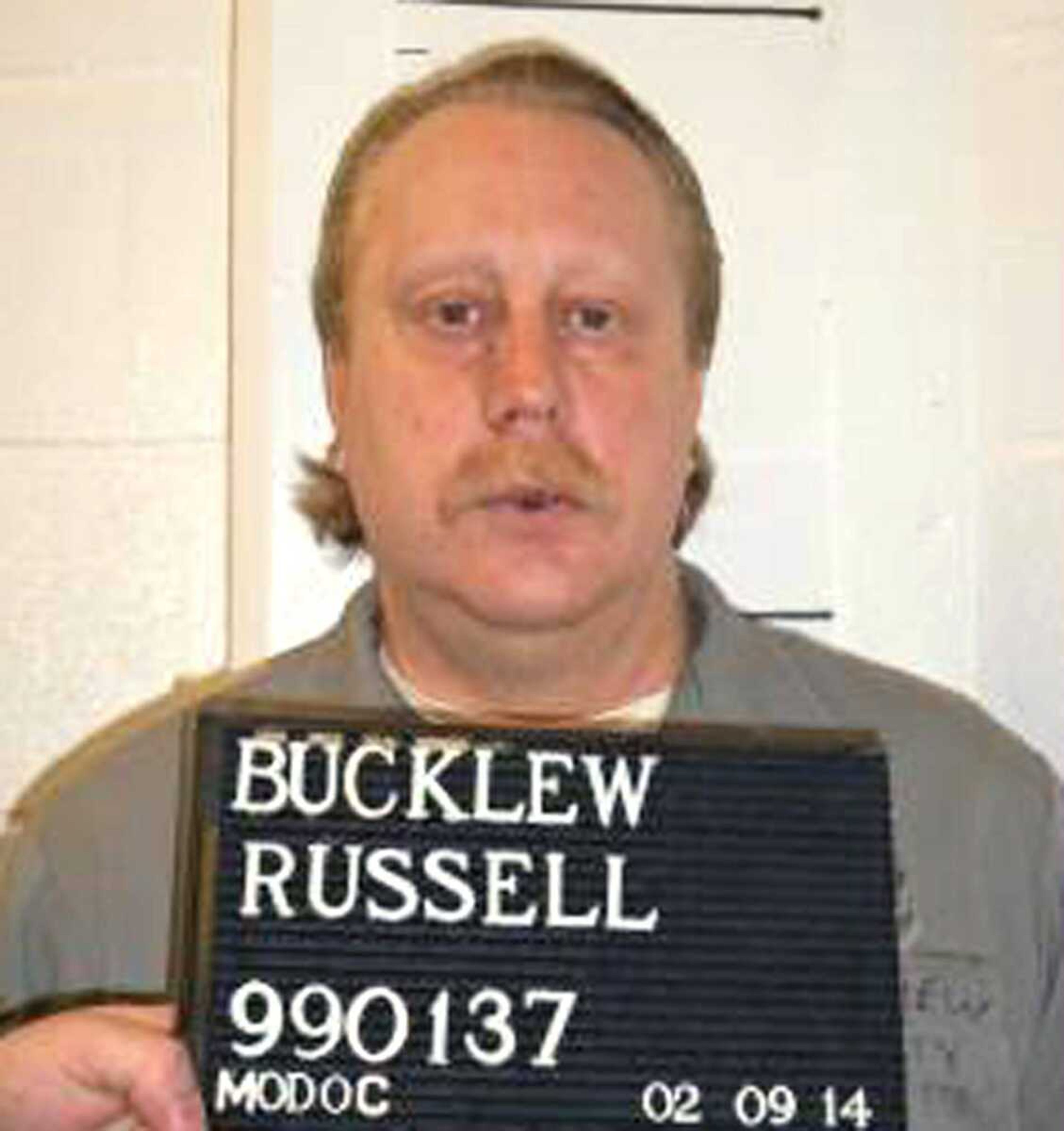Supreme Court justice halts Bucklew execution
After an afternoon and evening of reversals, U.S. Supreme Court justice Samuel Alito has weighed in and stayed Russell Bucklew's execution for the time being.
After an afternoon and evening of reversals, U.S. Supreme Court justice Samuel Alito weighed in late Tuesday and stayed Russell Bucklew's execution for the time being.
Missouri Attorney General Chris Koster issued the following statement:
"At approximately 10:30 p.m. the United States Supreme Court issued a stay pending further order of the Court. We understand the full Court will consider Mr. Bucklew's pending requests tomorrow, May 21, 2014. The execution warrant is valid until midnight, Wednesday, May 21," meaning Missouri still could execute Bucklew today.
Although the 8th Circuit Court of Appeals in St. Louis granted Bucklew a stay of execution Tuesday afternoon, the court reversed its decision after an appeal by the director of the Missouri Department of Corrections.
Initially, the court stayed the execution, citing concerns about Bucklew's medical condition and its possible effect on the state's attempt to execute him humanely through lethal injection.
" ...[W]e ... conclude that the irreparable harm to Bucklew is great in comparison to the harm to the state from staying the execution," 8th Circuit Judge Michael Joseph Melloy wrote in the appellate decision Tuesday, just hours before Bucklew was scheduled for lethal injection.
But after George Lombardi appealed the decision, the court reversed itself by vacating the stay. Then the U.S. Supreme Court made its decision known.
Bucklew, 46, suffers from a rare condition called cavernous hemangioma, which compromises his circulation and causes large vascular tumors in his nose, mouth and sinuses, blocking his airways and occasionally rupturing when his blood pressure rises.
His attorney, Cheryl Pilate, has said his condition could lead to a bloody, painful execution that would violate the Eighth Amendment's ban on "cruel and unusual punishments."
Pilate filed a motion May 9 on Bucklew's behalf, asking the federal district court in Kansas City to halt his execution until medical tests could be performed to determine what modifications, if any, might be necessary to keep that from happening.
The district court on Monday denied the motion, and Missouri Gov. Jay Nixon said the execution would go forward at 12:01 a.m. Wednesday, barring a court order.
Bucklew was convicted in 1997 of the murder of Michael Sanders, a Cape Girardeau County man who lived with Bucklew's ex-girlfriend, Stephanie Pruitt Ray. After shooting Sanders to death in front of his young sons, Bucklew kidnapped Ray at gunpoint and raped her before being arrested in St. Louis.
A few weeks later, Bucklew escaped from jail and attacked Ray's mother and her fiance with a hammer before being recaptured.
In federal court filings last week, Missouri Attorney General Chris Koster contended Bucklew had failed to offer an alternative to the state's lethal injection protocol that would address his claims.
Koster also argued Bucklew's motion for a stay was untimely, as he has known about his medical condition for decades and has been on death row for years but waited until less than two weeks before his execution to bring it up.
In the appellate court ruling Tuesday, Melloy noted the state repeatedly had blocked Bucklew's attempts to obtain medical examinations necessary to file a claim earlier or offer a viable alternative.
"We ... reject the state's arguments and the district court's suggestion that the propriety of a stay in this case is skewed against Bucklew due to concerns of timeliness," Melloy wrote. "Rather, a stay is required precisely because the state has thwarted Bucklew's efforts to obtain the medical information necessary to support his claims."
Further, the court found the state had ignored Bucklew's claims concerning his health and its likely effect on his execution.
Among the concerns Pilate raised in her motion and subsequent filings, based on an Emory University medical professor's review of Bucklew's health records:
* Bucklew's blood pressure could spike as a result of either stress or a dye used in clearing intravenous lines before lethal injection, causing his vascular tumors to hemorrhage into is airway and suffocate him.
* Pentobarbital, the barbiturate Missouri uses in its lethal injection protocol, could interact with the anti-epileptic and narcotic drugs he takes for his condition, causing severe pain.
* Bucklew's vascular deformities could keep the pentobarbital from circulating properly, possibly prolonging his execution and making it unnecessarily painful.
In a response filed last week in federal district court, Koster proposed changing or eliminating the use of the dye in the I.V. lines and positioning Bucklew on the gurney in a way designed to keep his airway open.
"Here, although the state now claims to be adjusting its execution protocol on the fly to eliminate the use of dyes or to position Bucklew in an attempt to prevent choking, these responses to Bucklew's challenges simply ignore the substance of his assertions," Melloy wrote. "The state appears to have conducted no meaningful assessment of the likely interaction of Bucklew's unique physiology with the execution protocol."
epriddy@semissourian.com
388-3642
Connect with the Southeast Missourian Newsroom:
For corrections to this story or other insights for the editor, click here. To submit a letter to the editor, click here. To learn about the Southeast Missourian’s AI Policy, click here.










